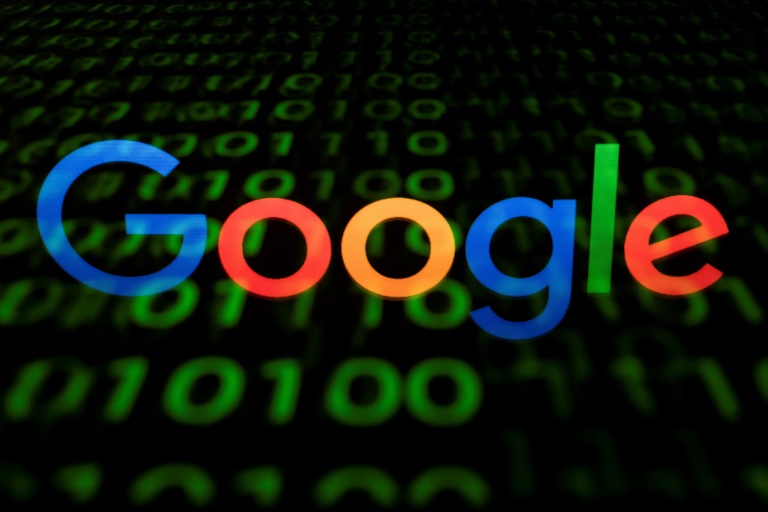France’s competition regulator fined Google 220 million euros ($267 million) on Monday for favouring its own services for placing online ads at the expense of rivals, as US tech giants face growing pressure in Europe.
The penalty is part of a settlement reached after three media groups — News Corp, French daily Le Figaro and Belgium’s Groupe Rossel — accused Google in 2019 of abusing a dominant market position over ad sales for their websites and apps.
The competition authority determined that Google gave preferential treatment to its own ad inventory marketplace AdX and to the Doubleclick Ad Exchange, its real-time platform for letting clients choose and sell ads.
“It is the first decision in the world to look into complex algorithmic auctions processes through which online display advertising works,” the authority’s president Isabelle de Silva said.
Media groups looking to sell ad space on their internet sites or mobile apps often use multiple companies simultaneously, known as supply side platforms (SSP).
But regulators found that Google’s services were unfairly competing against rivals, using a variety of methods, or preventing sufficient inter-operability with rival ad marketplaces.
For example, Doubleclick would vary the commission it took when brokering a sale based on prices offered by other so-called ad servers.
At the same time, Google arranged for AdX to give preferential treatment to offers emanating from Doubleclick — effectively squeezing out rivals such as Xandr or Index Exchange.
“These very serious practices penalised competition in the emerging online advertising market, and allowed Google not only to maintain but also to increase its dominant position,” De Silva said.
– ‘First in the world’ –
Media groups saw their online ad revenues crimped “even though their economic model is also strongly weakened by the decline in sales of print subscriptions and the decline in associated advertising revenue” in the shift to online news, it said.
Le Figaro eventually dropped its complaint last November, but News Corp, owner of The Wall Street Journal, and Rossel pressed ahead.
“We need regulation because today we are not defending ourselves with the same weapons,” Rossel’s commercial and marketing director Thierry Hugot told AFP last week.
Google did not contest the findings, and the regulator said the company has committed to operational changes including improved interoperability with third-party ad placement providers.
“As part of these commitments, we are reaffirming our promise not to use data from other SSPs to optimise bids in our exchange in a way that other SSPs can’t reproduce,” Maria Gomri, legal director at Google France, said in a statement.
“We will be testing and developing these changes over the coming months before rolling them out more broadly, including some globally,” she added.
– ‘Apply our rules’ –
French Finance Minister Bruno Le Maire, who orchestrated a new digital tax on tech giants in 2019 that exacerbated tensions with the Trump administration, welcomed the ruling.
“Large platforms have gradually acquired dominant market positions, and it’s essential that we apply our competition rules on technology giants who operate here,” he said in a statement.
France has suspended collection of its digital levy while talks proceed on a comprehensive revamp of international fiscal rules, as public anger grows over hugely profitable multinationals that often make only token tax payments.
The French fine represents just a tiny fraction of the $55.3 billion in revenue booked by Google in the first quarter of this year alone, mainly from online ad sales.
The ruling comes as American technology firms are drawing closer scrutiny from European authorities, which are giving themselves new resources to better understand the complex workings of fast-evolving markets.
Last week, Germany’s competition regulator said it was expanding an antitrust investigation into Google and its parent company Alphabet to include Google News Showcase, a service aimed at increasing revenue for media publishers.
Facebook also found itself targeted last week by parallel competition inquiries from the European Union and Britain into whether the social media giant uses data from advertisers to unfairly dominate the online classifieds market.
Google had already been fined 150 million euros by the French regulator in December 2019 over “opaque” operating rules for its advertising platform, which were deemed to be applied in “an unfair and random manner.”
And in December last year, Google as well as Amazon were fined a total of 135 million euros by France’s privacy watchdog for placing advertising cookies on users’ computers without consent.










